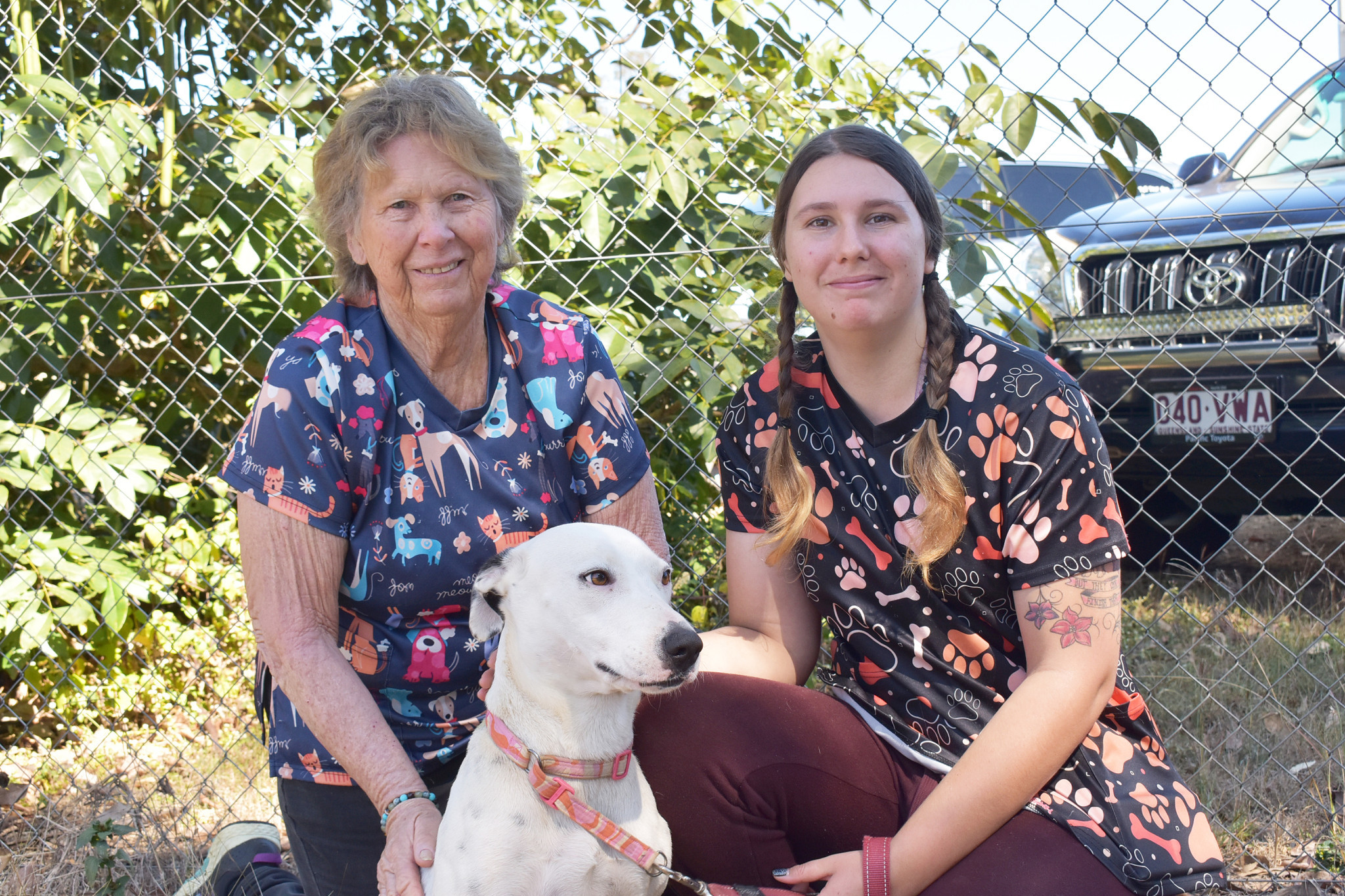General News
22 July, 2025
Dogs the victims of negligence
HUNDREDS of dogs are being euthanised every year by local councils, despite the organisations working with groups to try to rehome the animals.

The situation is worse in the Mareeba Shire, with the council impounding more than 450 dogs in the past 12 months, while Tablelands Regional Council dealt with 288 animals.
The majority of the animals have either escaped from residential yards, while some have been surrendered to the council.
Despite both councils’ efforts to use local groups to rehome the animals, some are not suitable and, sadly, around 200 have had to be euthanised in the past year.
Both councils say the situation is not getting any better despite ongoing educational campaigns.
TRC community and corporate general manager Hilary Jackson said the council had managed to return 37% of the dogs impounded in the past 12 months back to their owners, a further 38% were rehomed, and 25% put to sleep.
Out of the 288 animals managed by the council over the past year, 213 were found wandering and 75 were surrendered.
“Many of the animals surrendered to us are not desexed and/or from unwanted litters, and 41% of animals surrendered are euthanised,” Ms Jackson said.
Animals that were registered (dogs) and microchipped (dogs and cats) could often be returned to owners without being impounded (first time), especially if the contact details of the registration and microchip were up-to date.
“If we are unable to reunite animals with their owners, we assess them and, wherever possible, place them with a rehoming organisation,” Ms Jackson said.
A Mareeba Shire spokesperson said council impounded animals that were found wandering at large or had entered another person’s property.
“The most common causes for wandering animals are inadequate enclosures, fences, or a person has left the gate open on their property,” the spokesperson said.
The council is required to keep the animal for five days if they are registered, or three days when they are not registered.
“If the animal is not claimed by this timeframe, they then become the property of Mareeba Shire Council, and council will suitably process the animal,” the spokesperson said.
“Council hands suitable animals to Friends of the Animals (FOTA) where they are assessed to determine if they are suitable for rehoming.
“If, for some reason, the animal is not suitable for rehoming, council will dispose of the animal. This will occur if the animal is of a high risk to community and public safety and cannot be rehomed.
“On average, about 50% of animals are euthanised that are impounded by council if the owner does not collect them.”
Both councils advise pet owners to ensure their yards are secure so that animals cannot escape.
“A well-exercised and trained dog makes a happy and contented pet. Your pet should be walked every day especially if you have an active breed or large dog,” Ms Jackson said.
“It’s important to remember that owning a pet is a big, and often costly, responsibility that may last for decades.”
Mareeba Shire Council says regularly exercising a dog and desexing pets are two good ways to prevent animals from trying to escape.
“Furthermore, keeping your animal entertained whilst you are away from them can all assist in ensuring the animal does not become bored and attempt to escape your yard,” a council spokesperson said.
“Finally, ensuring your animal is microchipped and all details are current and up to date, along with registering your pet dog/s, will assist in council reuniting the owner with their furry friends as quick as possible.”
MAREEBA’S Animal Refuge is the last stop for dogs and cats who find themselves homeless or unwanted, and the job never gets any easier for people at the coalface of the problem like refuge manager Jennifer Walsh and staffer Felicity Pollard.
Both see too many animals come through their facility which is the only one on the Tablelands that has kennels to keep the animals until they can be rehomed.
But not all dogs are suitable for rehoming, mainly due to aggressive behaviour or because of serious health issues.
“You often find that some dogs will be aggressive to other animals or people because of how people have treated them, or owners who have encouraged the aggression in their animals,” Ms Walsh said.
But desexing dogs and cats was the best way to reduce the number of homeless or unwanted animals.
“We still get so many people bringing litters of unwanted pups or kittens,” she said.
The refuge recently took in a mother and her two kittens after they were discarded in Rotary Park in a closed shopping bag.
“They were zipped into that bag and luckily mum actually managed to claw a hole in the top of the bag so she could breathe,” Ms Walsh said.
Ms Pollard said they also regularly received calls from people wanting to surrender their animals because they could no longer house them due to having to move from a rental, or they could no longer afford them.
“There are days when we will get 10 calls – you’ve just got to record it in the book and it can be months before we have room to call them back,” she said.
The refuge only has 16 pens available to them and some of those have to be kept for boarding, limiting how many animals it can accept.
The refuge is always needing donations of food and kitty litter and welcomes cash donations. To donate, call 4092 3060.


